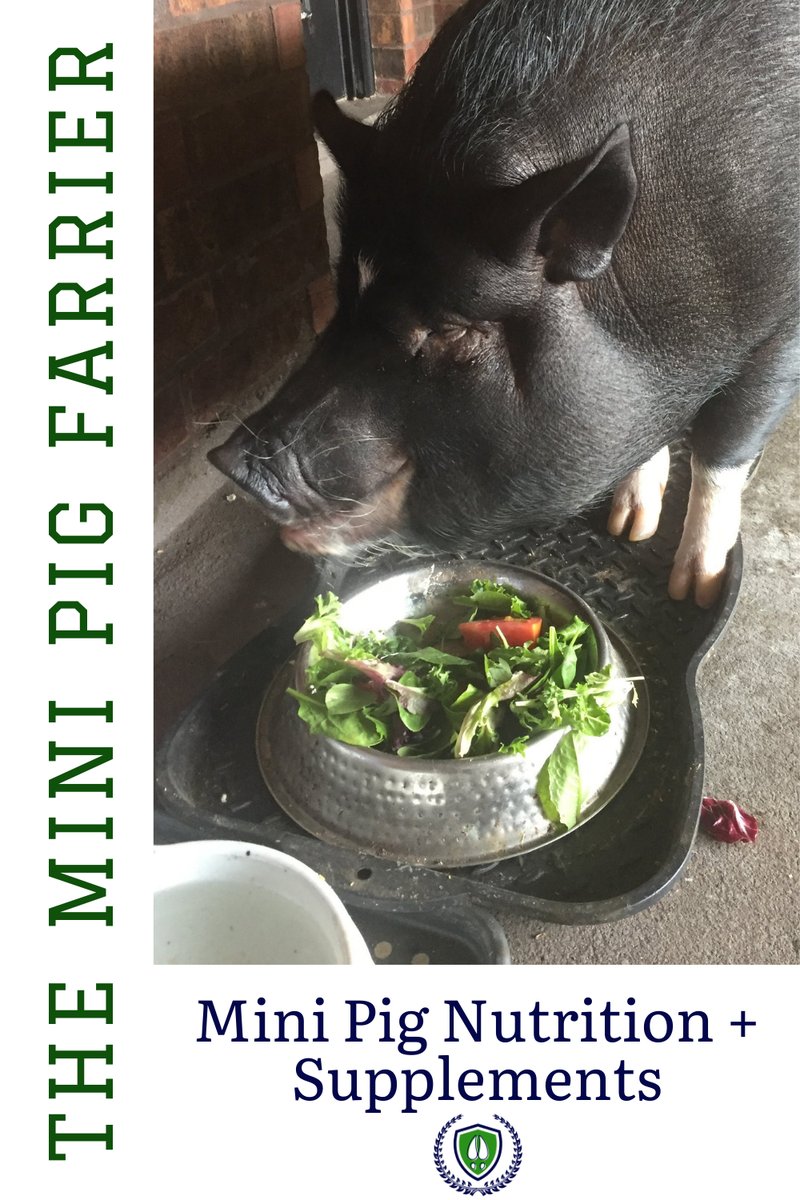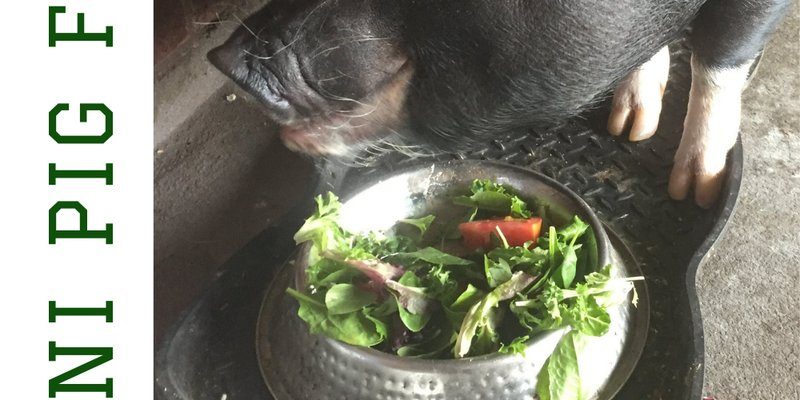
So, let’s break this down in a way that makes sense. A proper feeding schedule isn’t just about what you feed them—it’s also about when and how much. Just like how we humans tend to get cranky when we’re hungry, mini pigs need a balanced diet to stay healthy and happy. In this article, we’ll explore everything from meal frequency to the types of foods that are best for your little companion.
Understanding Mini Pig Nutritional Needs
When it comes to mini pigs, their nutritional needs can be surprisingly complex. You might be wondering, “What exactly should I be feeding my mini pig?” Well, here’s the thing: they require a balanced diet that’s rich in fiber but low in calories. You wouldn’t want to feed them only what’s tasty; it’s important to focus on what’s healthy too.
Mini pigs mainly thrive on a combination of high-quality pig food and fresh fruits and vegetables. The key is ensuring that their food is specifically formulated for pigs, as human food can lead to serious health issues. Think of it like choosing the right diet plan for yourself; you wouldn’t want to live off junk food, right?
The bulk of their diet should consist of a specially formulated mini pig feed, which can provide essential vitamins and minerals. A well-balanced diet is crucial for their development and to avoid obesity—a common issue with pet pigs. So, let’s take a closer look at what that diet should entail and how often you should be feeding your mini pig.
Creating a Feeding Schedule
Establishing a feeding schedule for your mini pig is vital for their overall health. You want to create consistency in their daily routine. Just like kids, pigs thrive on routine, and it helps them feel secure. Most experts recommend feeding your mini pig twice a day—once in the morning and once in the evening.
Here’s a simple feeding schedule to consider:
- Morning Feeding: Between 7 AM and 9 AM
- Evening Feeding: Between 5 PM and 7 PM
This routine not only ensures they get their meals at consistent times, but it also helps you monitor their eating habits. If you notice that they are consistently leaving food behind, it might be a sign that the portions are too large—or that they’re just not a fan of that particular food.
Additionally, make sure to provide fresh water at all times. It’s super important, especially since mini pigs can get dehydrated, which can lead to other health issues.
What to Feed Your Mini Pig
Now, let’s dive into the “what” of your mini pig’s diet. As mentioned earlier, a high-quality pig feed should be at the core of their meals. Look for feeds that contain at least 14% protein and are high in fiber. You might be thinking, “But what about treats?” Here’s the thing: treats can be a healthy part of their diet, but they should only make up about 10% of their daily caloric intake.
For treats, focus on fresh fruits and vegetables like:
- Carrots
- Apples
- Spinach
- Sweet potatoes
But remember to avoid feeding them any human junk food or high-sugar snacks. If you wouldn’t eat it, chances are your mini pig shouldn’t either.
Portion Control and Weight Management
Just like how we all have that one friend who “hasn’t gained a pound in years,” mini pigs have their own metabolism quirks. It’s important to monitor their weight closely. Overfeeding can quickly lead to obesity, which can cause all sorts of health complications down the line.
A good rule of thumb is to feed your mini pig around 1–2 cups of pellets per day, split between their two meals. Here’s a quick method to gauge their food intake:
1. Weigh your pig weekly to monitor any significant weight changes.
2. Adjust their food based on their activity level. More active pigs may require extra food, while less active pigs should eat less.
3. Consider talking to a vet for personalized dietary advice based on your mini pig’s specific needs.
Keeping an eye on their weight and adjusting portions accordingly helps ensure they stay healthy and full of life.
Common Foods to Avoid
You might think feeding your mini pig leftovers is a nice treat, but hold that thought! Some foods can be harmful or even toxic to pigs. Here’s a quick list of foods to steer clear of:
- Chocolate
- Caffeine
- Onions
- Garlic
- High-sugar fruits (like bananas)
If you’re ever unsure about what to feed your pig, it’s always best to consult your vet. It’s a bit like having a food lab at your fingertips—don’t hesitate to reach out for advice!
Incorporating Variety in Their Diet
Just as we enjoy variety in our meals, your mini pig will appreciate it too. A well-rounded diet not only keeps their palate happy but also provides all the necessary nutrients they need. Here’s how you can easily mix it up:
1. Rotate between different vegetables: Add new veggies each week to keep things exciting.
2. Introduce new fruits: Just be cautious with portions. A small slice of a new fruit can work wonders.
3. Consult a vet for supplements: Sometimes, switching up their diet might not be enough. A vet may recommend specific supplements to ensure they’re getting all the nutrients they need.
By keeping their meals varied, you’ll not only support their health but also create a more engaging feeding routine.
Feeding your mini pig properly is a journey that takes some time and learning, but with the right approach, it can be a rewarding experience. By establishing a solid feeding schedule, selecting the right foods, and keeping an eye on their portion sizes, you’ll help your mini pig thrive. They rely on you to be their nutritional guru, so the effort you put into understanding their needs will pay off in the form of a happy, healthy pet.
Remember that this is just the beginning. As you learn more about your mini pig’s behavior and preferences, you’ll become better equipped to tailor their diet to fit their unique character. With a little love and knowledge, your mini pig will be munching happily in no time!

